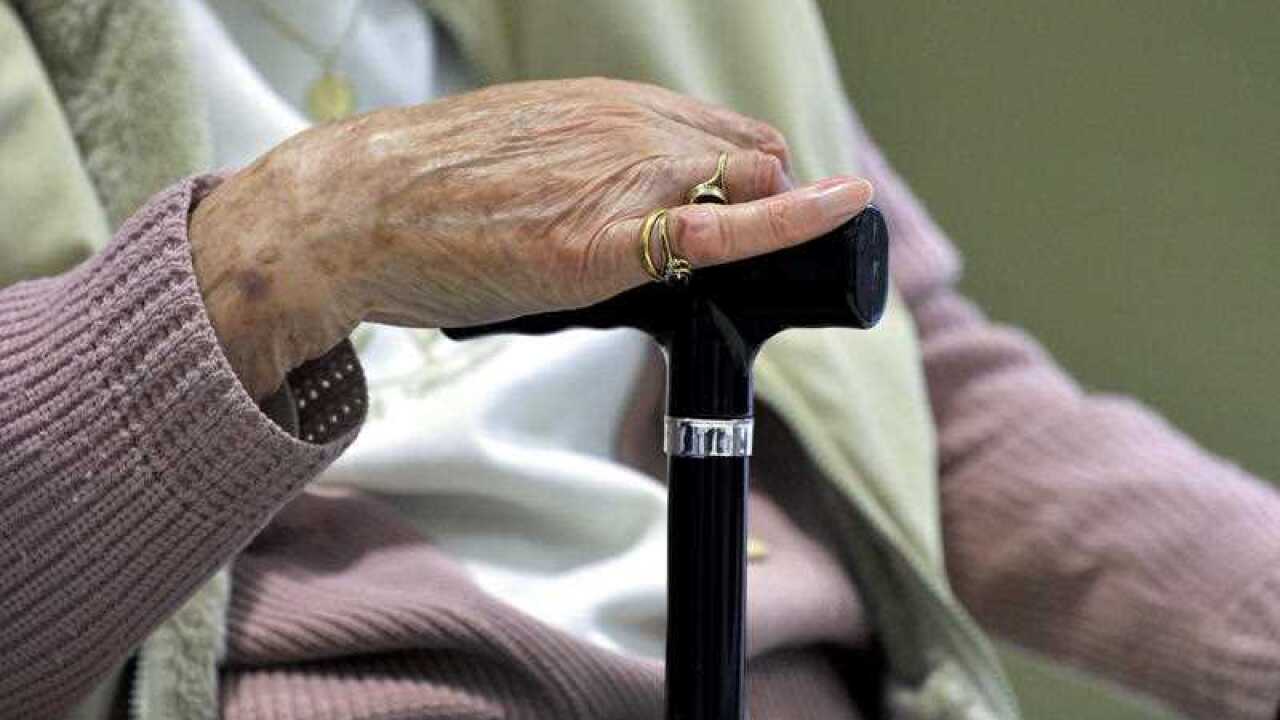Australia's aged care sector needs more interpreters and bilingual staff to meet the needs of clients from non-English speaking backgrounds, the Federation of Ethnic Communities Councils of Australia (FECCA) says.
FECCA released a report this week that showed there were 1.3 million Australians aged over 50 from non-English speaking backgrounds.
The report drew on data from the 2011 census, which said 20 per cent of Australians aged 65 years and older were born in non-English speaking countries.
FECCA forecasted the number of older Australians from non-English speaking backgrounds to grow significantly over coming decades.
The report found older migrants from non-English speaking backgrounds, especially those with poorer English skills, tended to have poorer health outcomes than other Australians.
http://media.sbs.com.au/news_dataviz/Charts/2015/March/FeccaReport/AgedPerState.html
Top 10 birthplaces of CALD immigrants by older age group, Australia, 2011
| Country | Needs assistance | Speak English not well or at all | Live alone |
|---|---|---|---|
| Italy | 27.7 % | 30.7 % | 20.9 % |
| Greece | 27.1 % | 45.5 % | 15.3 % |
| Germany | 16.2 % | 2 % | 28 % |
| Netherlands | 16.3 % | 1.3 % | 24.4 % |
| China | 26.8 % | 73.4 % | 11.6 % |
| India | 18.5 % | 8.7 % | 17.6 % |
| Croatia | 24 % | 27.2 % | 20.9 % |
| Malta | 21.1 % | 10.1 % | 20.6 % |
| Poland | 33.3 % | 18.5 % | 33.3 % |
| Vietnam | 33.2 % | 81.4 % | 9 % |
| Total | 24.4 % | 28.2 % | 20.1 % |
Many aged care facilities failed to provide culturally appropriate care, including a lack of homeland food or traditional medicine, the report said.
FECCA chair Joe Caputo said aged care needed to be far more responsive to the nation's cultural diversity.
"Different communities have got different traditions and different ways of going about and caring for older people," Mr Caputo said.
"So I think the system has to be flexible enough and understanding of the diversity of the communities that are getting older in Australia."
Mr Caputo said it was clear from the report some older Australians from migrant communities preferred for family members to care for them, rather than receive care in aged care facilities.
He said this was particularly true for migrants from Greece and Italy, but also for those born in China.
"I think that most people would like to stay at home for as long as possible and they would like to have family members assisting them as they are getting older or getting frail and I think policy-makers can ensure that we put more resources into ensuring that people can stay at home, either looking after themselves or assisting family members who are looking after older people," Mr Caputo said.
"I think that most people would like to stay at home for as long as possible and they would like to have family members assisting them as they are getting older." - FECCA chair, Joe Caputo
FECCA said one of the greatest health challenges confronting many older Australians from non-English speaking backgrounds was dementia.
The report forecasts the number of dementia sufferers from culturally diverse backgrounds is set to grow from 35,000 in 2010 to 120,000 by 2050.
Pino Migliorino is the chair of the National Cross Cultural Dementia Network for Alzheimers Australia.
He said many dementia sufferers from non-English speaking backgrounds reverted back to their first languages and often needed extra support from bilingual health workers or interpreters.
Mr Migliorino said it was critical for policy-makers to work alongside migrant communities to overcome some cultural stigma around dementia.
"It is an issue for them because what happens is the phenomena tends to be that it's hidden," Mr Migliorino said.
"It tends to not be presented or people aren't presenting with dementia until far later in the dementia course and at that point, services are far harder to actually access," he said.
"There's also the sense of community shame and sensitivity. So we really do need to work with the communities around dementia," Mr Migliorino added.
The FECCA report highlights the changing cultural make-up of Australia's older population.
It predicts older migrants from China, Vietnam and India are likely to outnumber those from Greece and Italy over coming decades.
Adelaide-based Rosa Colanero is the chief executive of Multicultural Aged Care.
She said the current aged care system was not keeping pace with the changing cultural make-up of the population and was failing to provide enough bilingual workers to support them.
"The Vietnamese, the Chinese and the Indians of the future- they are the emerging communities, particularly the Chinese and the Indians and we will need an aged care service or aged care services that are able to deliver culturally appropriate care to them," Ms Colanero said.
The FECCA study was funded by the federal government with the research undertaken by the Australian Population and Migration Research Centre at the University of Adelaide.
Share

